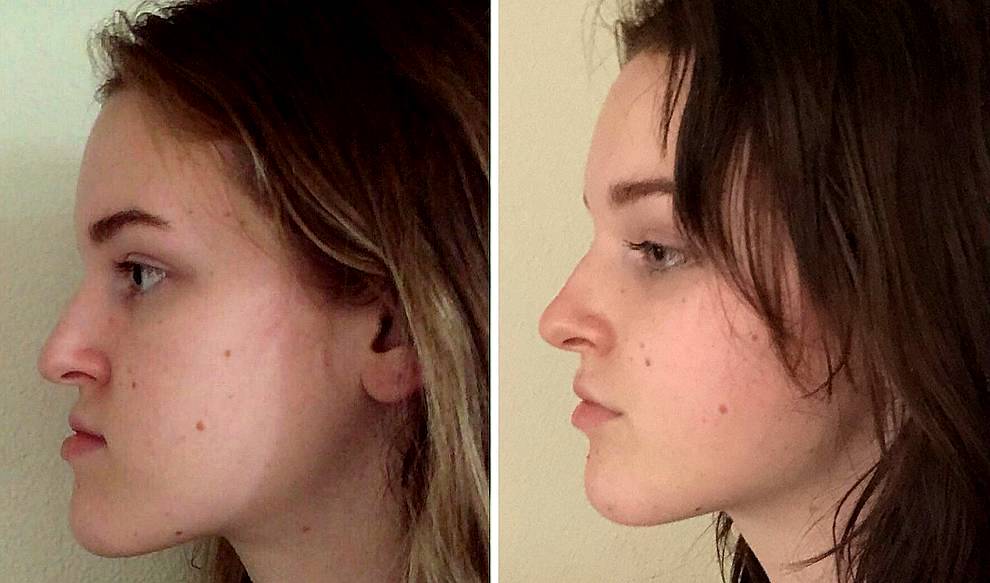Medical & Aesthetic

Orthognathic surgery is carried out to reposition your jaw, often to correct an imbalance between the upper and lower jaw. The term derives from the early Greek “ortho” (straighten) and the Latin “gnathia” (jaw).
There are medical conditions which will benefit, the problem can be related to facial trauma, or issues such as a cleft palate. In many cases however, orthognathic surgery is an aesthetic decision, rather than essential.
Psychological health can still be a factor, alongside creating a better bite and enhanced facial appearance. Correcting jaw discrepancies helps to balance the shape of the face, an aspect which is carefully analysed.
Diagnosis Of Jaw Alignment
Care is provided by a maxillofacial consultant, experienced in orthognathic surgery at our London clinic. They carry out a physical examination, review any related medical needs and discuss options in detail with you.
As part of this, planning can include using models, x-rays, or computer analysis. Our lead orthodontist may become involved in treatment planning, as orthodontic care often forms stages within your treatment.
Orthognathic surgery is normally used where orthodontics alone can not correct your bite. Because the asymmetry, commonly the variation in size between your upper and lower jaw is too great.
Braces can still help to make sure your teeth meet correctly after the operation, or in preparation for orthognathic surgery. Wearing them for some time before surgery and a while afterwards is likely to be part of your treatment.
Surgical Procedure
The technique used is called mandibular osteotomy, which involves cutting and moving your jaw to a new position. This takes place in a respected London hospital, under general anesthesia, you may need to stay a night, or two.
A small, external cut by your jaw can be required but would quickly become almost invisible and is in any event, rare. The operation is normally carried out from inside the mouth, so there are no external scars.
Once your jaw is repositioned, tiny titanium plates and screws hold this in place. There can be circumstances where they will be removed, although as with most bone surgery, they normally remain.
Retaining measures can be added after surgery, to help guide your teeth into their new bite. Your teeth will not normally be wired together but small elasticated bands are likely to be in place for a while.
Recovery & Post Surgery
Although a significant operation, which can cause bleeding and pain short term, orthognathic surgery tends not to be too traumatic. You are likely to experience numbness and swelling, rather than severe pain
Your mouth will open quite normally, eating and drinking are actively encouraged. A combination of initial swelling and the elasticated banding may still dictate a soft diet for a few weeks.
Pain should be long gone by then but treatment of a form is still needed. Braces can be in place for several months, or swapped for a removable retainer.
There can be cases where a second operation to fine tune the bite is required but this is quite rare. As with potential for nerve damage, or other issues in complex cases, your consultant would discuss in detail before surgery.
The Benefit Of Orthognathic Surgery
We did wish to be open in describing this procedure. One which may not be a medical necessity, although you are welcome to read notes on research into orthognathic treatment and medical conditions.
Whatever your individual reasons for seeking care are, where time in braces before, or after surgery is needed, orthognathic treatment can take up to two years.
A commitment from our patients, which is matched by the consultant’s approach and by dedicated staff at our London clinic. Your aims are shared and their expertise used to achieve them.
Your bite will be improved, a practical, social and in a way, medical advantage. You will look different, how much depends on the original problem, although your features should be in proportion, a natural facial appearance.
Achieving that look in full may take time after surgery, follow up appointments will have been organised and any advice you need at any time is readily available.
The vast majority of our patients are delighted with the results of orthognathic surgery. If we can help in any way, please get in touch.
- Make an appointment
- Phone – 020 7935 8627
- Email – pa@shakib.org


